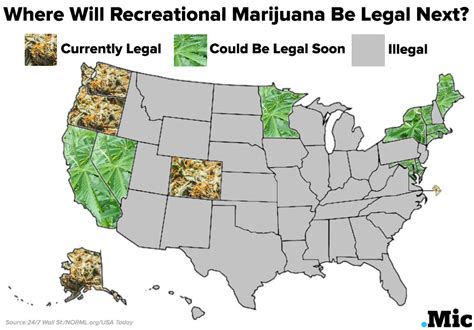Concord, NH – Governor Chris Sununu has made a significant announcement after signing HB 611 into law, which pertains to the eligibility criteria for the therapeutic cannabis program and establishes a commission to study state-controlled sales of cannabis, in addition to addressing the sale of hemp products containing certain THC levels. The governor’s statement emphasizes the state’s stance on the prohibition of densely located marijuana shops within cities or towns, termed “marijuana miles,” and underscores the freedom of localities to ban such establishments if they choose. He also points out that the state of New Hampshire will not impose taxes on cannabis and will take control of all related messaging to prevent bombardment of advertising to children, specifically avoiding billboards, commercials, and digital ads.
The Therapeutic Cannabis Laws: Tips for Safe and Responsible Use is a document provided by the New Hampshire Department of Health and Human Services. It serves as a comprehensive guide on the legal and medical aspects of therapeutic cannabis use in New Hampshire, including eligibility, registration, possession, cultivation, dispensary access, consumption practices, and an outline of the potential risks and benefits. This valuable resource also offers a detailed list of qualifying medical conditions for the therapeutic use of cannabis, as established by NH law at RSA 126-X:1 IX.
The Therapeutic Cannabis Program in New Hampshire, operating under the Division of Public Health Services, has taken an active role in educating the public. This includes providing a presentation to the “Commission to Study with the Purpose of Proposing Legislation State-Controlled Sales of Cannabis and Cannabis Products,” showcasing a proactive approach in shaping the future legislation on state-controlled cannabis sales.
Child safety is also a significant focus, with the state providing resources such as the CHILD SAFETY TIPS FOR PARENTS & GRANDPARENTS guide. This document is essential in educating children about NH marijuana laws, highlighting the consequences of illegal activities, and the potential criminal charges that can lead to fines, loss of a driver’s license, and a misdemeanor or felony charge. It also reminds citizens that despite state laws, marijuana remains illegal under federal law.
Healthcare professionals in New Hampshire are encouraged to participate in the Therapeutic Cannabis Program. The program provides an information sheet for medical providers, which outlines the role of physicians, physician assistants, and advanced practice registered nurses licensed in NH in certifying patients for the program.
In conclusion, Governor Chris Sununu’s statement reflects New Hampshire’s careful approach to cannabis legalization, emphasizing local autonomy, the prevention of cannabis commercialization targeting children, and the ongoing efforts to educate both the public and medical providers on the therapeutic use of cannabis.
